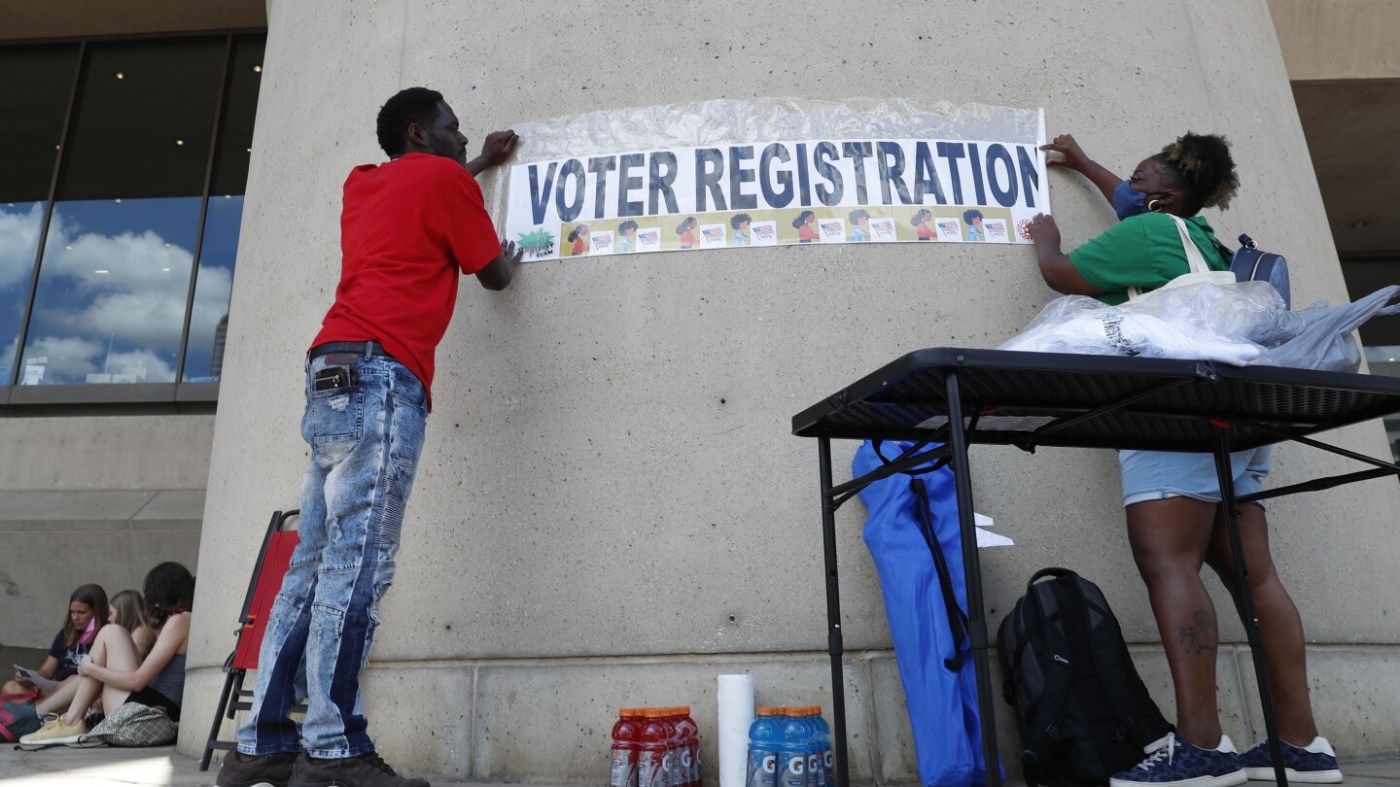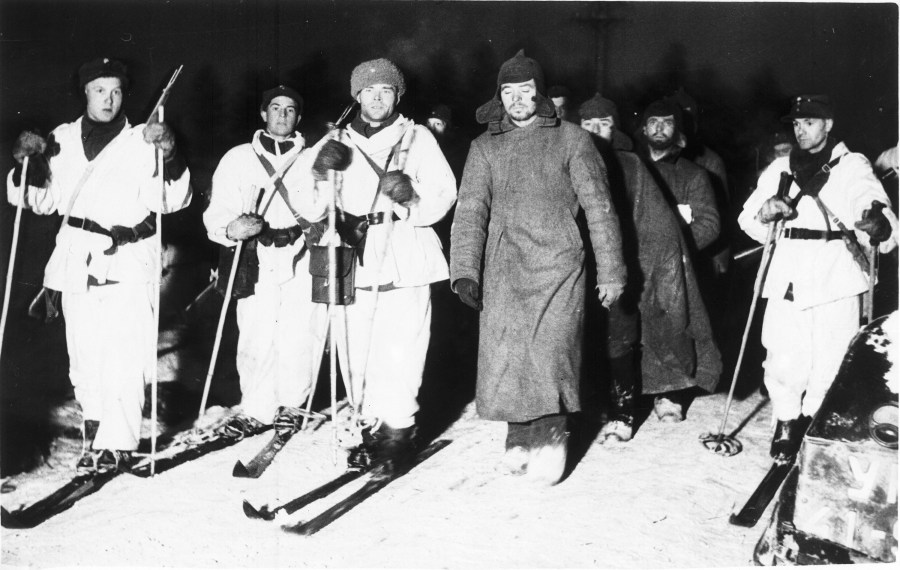Texas has identified more than 2,700 registered voters who are not American citizens, according to a recent announcement by the state’s Secretary of State, Jane Nelson. The figures indicate that 2,724 of Texas’s approximately 18 million voters are noncitizens. This discovery follows a comparison of the state’s voter rolls with a federal government database, which Nelson described as a “critically important” resource for maintaining accurate voter lists.
The Secretary of State’s office has begun sharing information about the identified individuals with local county officials, who will investigate the eligibility of these voters. Nelson emphasized that any noncitizen voters will be referred to the state attorney general’s office for further examination. In Texas, noncitizens are explicitly prohibited from participating in federal, state, and most local elections.
Investigation and Notification Process
In accordance with Texas law, county voter registrars are required to send a notification to each individual identified as a noncitizen prior to canceling their voter registration. The identified individuals must respond within 30 days of receiving the notice. If there is no response, the county has the authority to proceed with canceling the registration.
Nelson remarked on the significance of this initiative, stating, “Everyone’s right to vote is sacred and must be protected. We encourage counties to conduct rigorous investigations to determine if any voter is ineligible — just as they do with any other data set we provide.” This approach aims to ensure the integrity of the voting process in Texas.
Federal Collaboration and Legislative Context
Texas has partnered with U.S. Citizenship and Immigration Services to utilize the Systematic Alien Verification for Entitlements database, a move that Nelson credited to the Trump Administration’s decision to provide states with direct access to vital data. She noted, “Only eligible United States citizens may participate in our elections,” highlighting the ongoing effort to maintain accurate voter registration lists.
Earlier this year, legislative discussions surrounding the issue of noncitizen voters gained momentum with the introduction of the Safeguard American Voter Eligibility (SAVE) Act. This proposed legislation aims to require states to remove noncitizens from voter lists and mandates proof of citizenship for registering to vote in federal elections. Despite the bill’s passage in the House, most U.S. House Democrats opposed it, citing concerns over its potential impact on voting rights.
The Texas Democratic Party has been vocal against the SAVE Act, with Chairman Kendall Scudder expressing apprehension about its implications. He argued that the bill represents a continuation of regressive policies aimed at restricting voting freedoms. Scudder stated, “We’re no strangers to attempts to undermine the right to vote. Since our founding, there have always been those who try to divide us through fear and misinformation.”
Scudder warned that if the SAVE Act becomes law, millions of Americans might face challenges in exercising their voting rights. He emphasized the importance of making the voting process more accessible rather than more restrictive.
As Texas moves forward with its investigations into the eligibility of the identified noncitizen voters, the implications of these findings and ongoing legislative efforts will likely continue to spark debate among lawmakers and the public alike.







